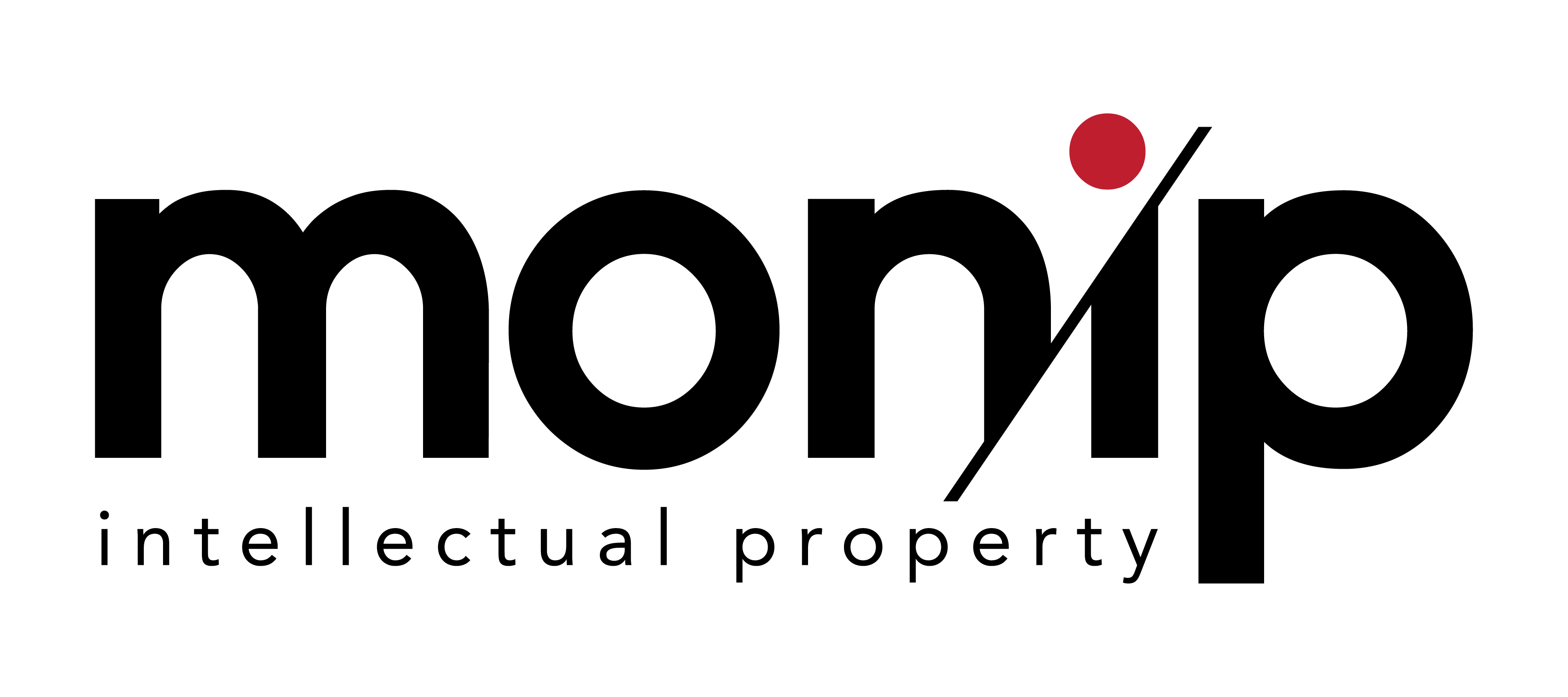Call us now:

Intellectual Property (IP) is a form of intangible property created from intellectual effort, and it can be a valuable asset for both individuals and businesses. IP rights offer protection for your creations, allowing you to prevent others, including competitors, from actions like copying your branding or making, using, or selling your invention. Additionally, IP rights can generate revenue through selling or licensing.
Studies show that businesses that actively protect their IP are more likely to thrive in the short term and expand in the long term. Having a solid IP strategy should be a fundamental part of your business plan, regardless of its size. If your business lacks an IP strategy, we can conduct a thorough audit of your IP assets and provide actionable recommendations that can be easily incorporated into your business. This ensures you have an IP strategy that meets your current needs and scales with your growth.
Intellectual Property (IP) refers to creations of the mind that are protected by law, granting the creators or owners exclusive rights to use, distribute, or sell their creations. These creations can be inventions, designs, literary and artistic works, symbols, names, images, or anything else that adds unique value or identity to a business or individual.
Intellectual property laws exist to encourage innovation and creativity by ensuring that individuals or companies can benefit financially from their work and prevent unauthorized use by others. IP rights typically give the owner control over the use of their creations for a specified period.
There are several main types of intellectual property:
1. Patents
A patent protects new inventions, whether they are products or processes that provide a new way of doing something or offer a technical solution to a problem. Patents give the inventor exclusive rights to manufacture, use, and sell the invention for a specific period, usually up to 20 years.
Example: A new type of smartphone technology or a pharmaceutical drug.
2. Trademarks
A trademark protects brand names, logos, slogans, or symbols that distinguish the goods or services of one business from others. A registered trademark gives the owner exclusive rights to use that mark in connection with their goods or services, preventing others from using a confusingly similar mark.
Example: The Nike Swoosh logo or the phrase “Just Do It”.
3. Copyright
Copyright protects original works of authorship, such as books, music, films, software, and artistic works. It grants the creator the exclusive right to reproduce, distribute, display, or perform the work, as well as to create derivative works. Copyright typically lasts for the creator’s lifetime plus a specified number of years (e.g., 70 years after death in many jurisdictions).
Example: A novel, a movie script, or a song.
4. Industrial Designs
An industrial design protects the aesthetic or ornamental aspect of a product. This could include the shape, configuration, pattern, or color of a product that makes it visually unique. Unlike patents, design protection focuses on the appearance rather than the functional aspects.
Example: The design of a stylish chair or a distinctively shaped bottle.
5. Trade Secrets
A trade secret protects confidential business information that gives a company a competitive edge. Trade secrets can include formulas, practices, designs, processes, or other information that is not publicly known and is kept secret to maintain its value.
Example: The recipe for Coca-Cola or proprietary algorithms used in search engines.
Why is Intellectual Property Important?
Intellectual property is a vital asset for businesses and individuals, allowing them to:
- Protect Innovation: IP rights prevent others from using, copying, or selling your creations without permission.
- Monetize Creativity: Creators can license or sell their IP rights, generating revenue streams.
- Build Brand Recognition: Trademarks and designs help businesses establish their unique identity in the market.
- Encourage Investment: Investors are more likely to invest in companies with strong IP portfolios, as these rights can drive long-term value.
In today’s knowledge-based economy, intellectual property is often one of the most valuable assets that a business can own. Whether it’s a patented invention, a strong brand, or a copyrighted work, IP rights offer a legal framework for protecting and leveraging creativity and innovation.
